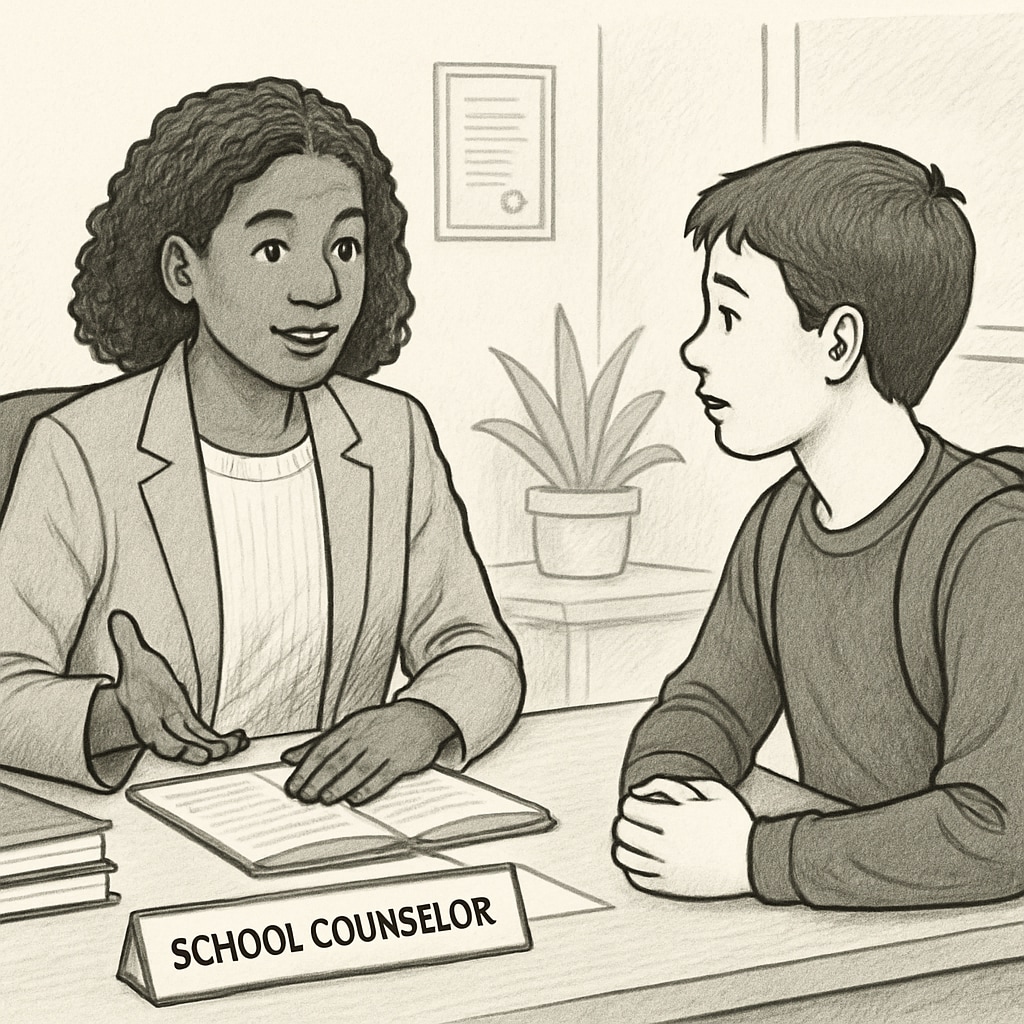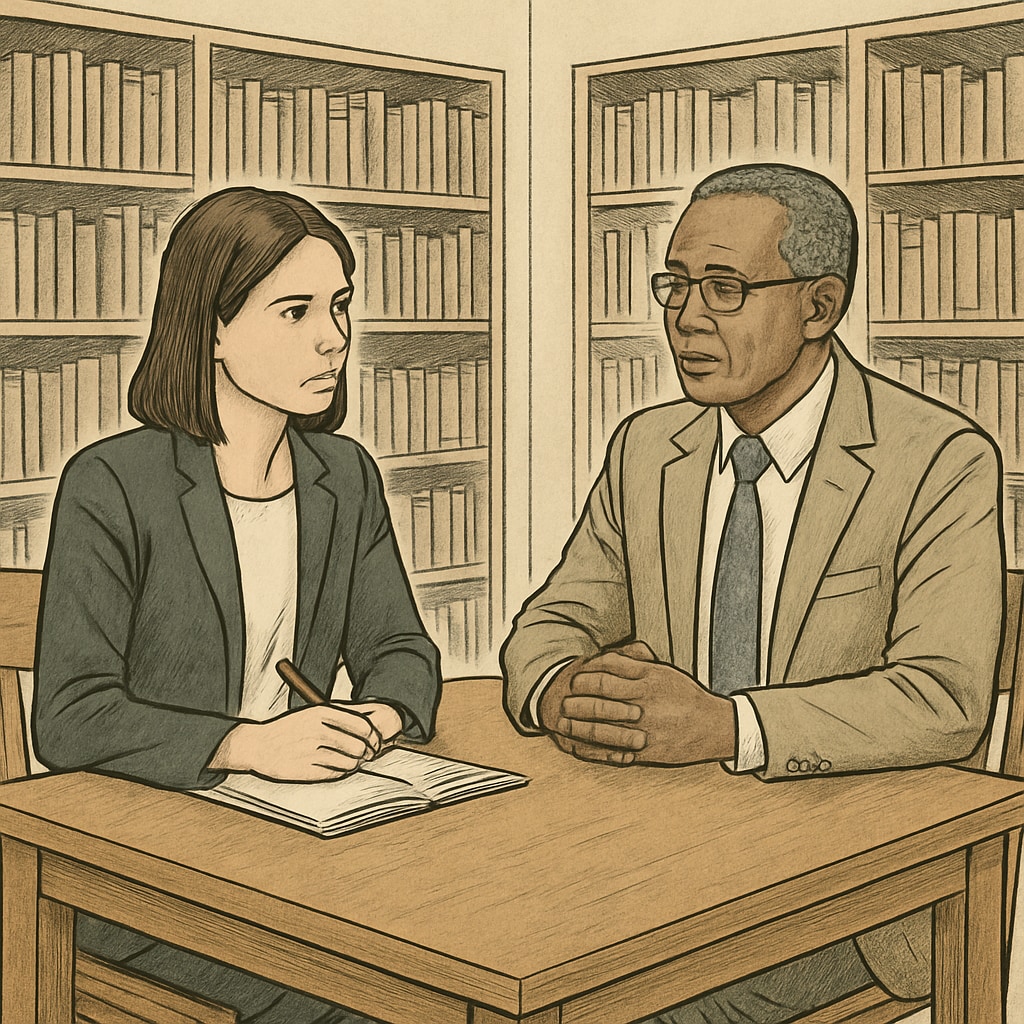Graduate students often face the challenge of connecting classroom theories with real-world applications. One effective approach to bridging this gap is through interviews with school counselors. By engaging directly with these professionals, students can gain deeper insights into the practical aspects of education and counseling. This method not only enhances the academic rigor of graduate assignments but also provides an opportunity to understand the evolving role of school counselors in the dynamic landscape of K-12 education. In this article, we explore the importance of such interviews, analyze the changing responsibilities of school counselors, and suggest ways to foster collaboration between researchers and practitioners.
The Evolving Role of School Counselors in K-12 Education
School counselors play a vital role in the holistic development of students. Traditionally, their responsibilities revolved around academic guidance and career planning. However, as societal challenges such as mental health awareness, bullying, and equity in education have gained prominence, the role of counselors has expanded significantly. They are now pivotal in addressing students’ emotional, social, and psychological needs.
For instance, in the wake of the COVID-19 pandemic, counselors have been instrumental in supporting students’ mental well-being and helping them navigate new learning environments. According to a Britannica article on psychology, emotional resilience is a critical component of student success, which counselors actively foster. These evolving responsibilities make school counselors indispensable in modern education.

For graduate students studying education or counseling, understanding these multifaceted roles is crucial. Interviews with school counselors provide firsthand perspectives on the challenges and rewards of this profession, offering a unique lens through which to apply theoretical concepts.
Connecting Graduate Research with Real-World Practice
For many graduate students, conducting interviews with school counselors is an integral part of their coursework. This practice helps bridge the gap between academic theories and the realities of school environments. For example, a student studying developmental psychology might explore how counselors implement age-appropriate interventions to address behavioral issues.
To effectively conduct these interviews, students should:
- Prepare thoughtful, open-ended questions that align with their research focus.
- Respect the counselor’s time and maintain professionalism during the interview.
- Reflect on the insights gained and connect them with theoretical frameworks from their coursework.
By following these steps, graduate students can transform these interactions into meaningful learning experiences. Additionally, they contribute to the broader conversation about the practical application of education research.

Fostering Collaboration Between Researchers and Practitioners
Collaboration between academic researchers and school counselors can yield significant benefits for both parties. Counselors can provide invaluable insights into the day-to-day realities of education, while researchers can offer evidence-based strategies and innovative solutions to address common challenges. Such partnerships can lead to improved outcomes for students, as both theory and practice inform each other.
Here are some ways to promote collaboration:
- Organize workshops and seminars where counselors and researchers can exchange ideas.
- Develop joint research projects that address pressing issues in education.
- Create platforms for sharing resources, such as case studies and best practices.
As a result, graduate students not only gain valuable academic insights but also contribute to the ongoing development of the field. This symbiotic relationship ensures that educational research remains relevant and impactful.
In conclusion, interviews with school counselors offer graduate students a unique opportunity to bridge the gap between theory and practice. By understanding the evolving role of counselors, connecting academic research with real-world challenges, and fostering collaboration, students can make meaningful contributions to the field of education. These experiences not only enhance their academic work but also prepare them to become effective professionals in their respective fields.
Readability guidance: This article uses short paragraphs, clear transitions, and lists to break down complex ideas. The content minimizes passive voice and avoids overly long sentences, ensuring accessibility and engagement.


